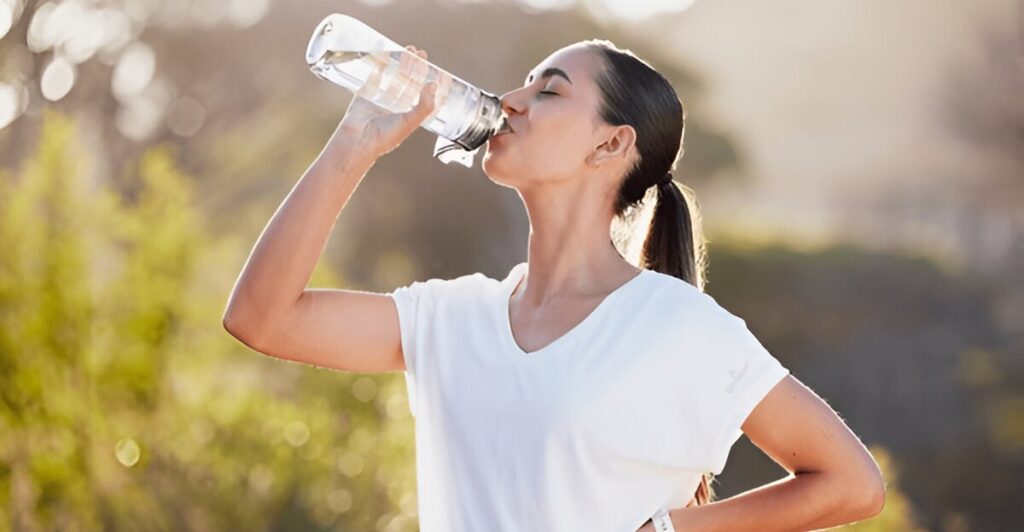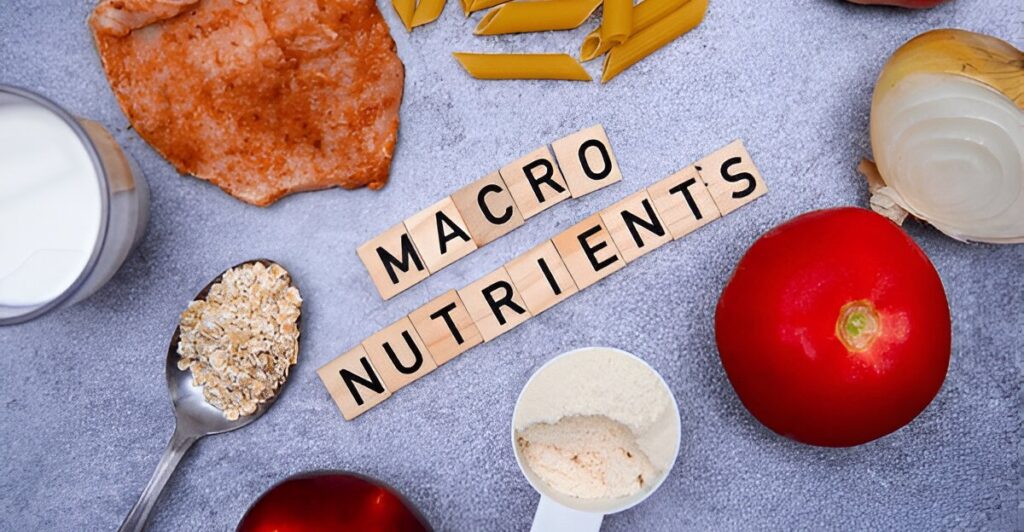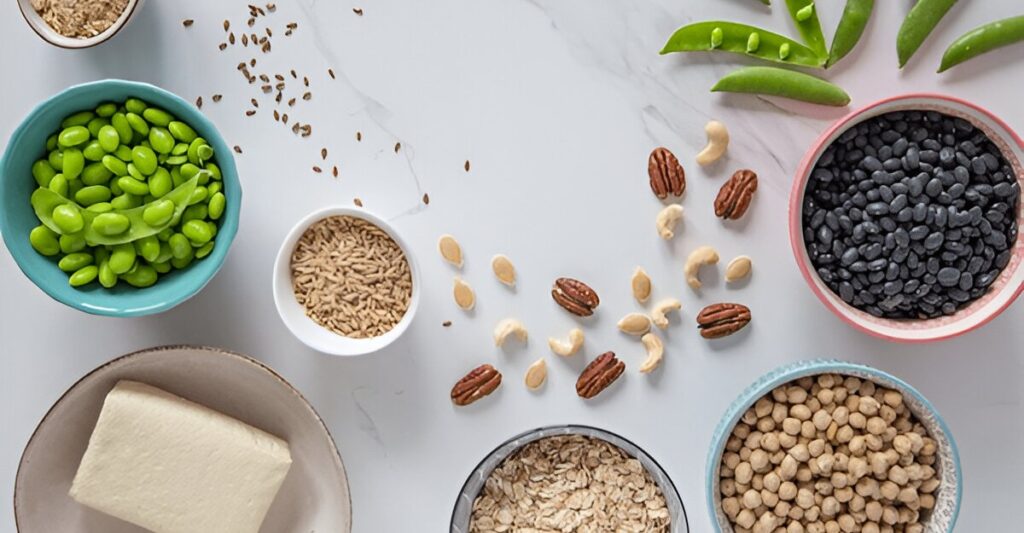Water is often overlooked as a vital part of nutrition, but it’s one of the most critical components of a healthy diet. Including enough water in your diet supports everything from digestion to energy levels. This water in diet guide explains why water matters, how much you need, and practical ways to stay hydrated for optimal health.
Why Water Is Essential in Your Diet
Water makes up about 60% of your body and is involved in nearly every bodily function. Including adequate water in your diet is crucial for:
- Digestion: Water helps break down food and absorb nutrients.
- Temperature Regulation: It keeps your body cool through sweating.
- Nutrient Transport: Water carries nutrients and oxygen to cells.
- Joint Health: It lubricates joints, reducing discomfort.
- Detoxification: Water flushes waste and toxins through urine and sweat.
- Energy and Focus: Dehydration can cause fatigue and poor concentration.
Without enough water in your diet, you may experience headaches, dry skin, or sluggishness. Chronic dehydration can even lead to more serious issues like kidney stones or urinary tract infections.
How Much Water Do You Need?
Your water needs depend on factors like age, activity level, climate, and health status. This water in diet guide provides general guidelines:
- Adults: Aim for 8–10 cups (64–80 oz) of water daily as a baseline.
- Women: About 9 cups (2.2 liters), per the National Academy of Medicine.
- Men: About 13 cups (3 liters).
- Active Individuals: Add 12 oz of water for every 30 minutes of exercise.
- Hot Climates: Increase intake to compensate for sweat loss.
- Pregnancy/Breastfeeding: Boost intake to support increased fluid needs.
- Illness: Fever, vomiting, or diarrhea requires extra fluids to prevent dehydration.
Note: These are general recommendations. Listen to your body and adjust based on thirst, urine color (pale yellow is ideal), and lifestyle.
Sources of Water in Your Diet
Water doesn’t just come from a glass. This water in diet guide highlights multiple ways to meet your hydration needs:
1. Plain Water
The simplest and most effective way to include water in your diet is by drinking plain water. It’s calorie-free, accessible, and perfect for daily hydration.
2. Water-Rich Foods
Many foods contribute to your water intake:
- Fruits: Watermelon (92% water), oranges, strawberries.
- Vegetables: Cucumbers (95% water), lettuce, zucchini.
- Soups and Broths: Clear broths or vegetable soups are hydrating and nutritious.
Tip: Aim for 20% of your water intake to come from foods, especially produce.
3. Other Beverages
- Herbal Teas: Calorie-free and hydrating, perfect for variety.
- Milk or Plant-Based Milks: Contribute to hydration and provide nutrients.
- Sparkling Water: A fizzy, sugar-free alternative to plain water.
Caution: Limit sugary drinks like soda or juice, as they add calories and may not hydrate as effectively. Coffee and tea count toward hydration but consume in moderation due to caffeine.
Benefits of Including Water in Your Diet
Prioritizing water in your diet offers a range of health benefits, as outlined in this water in diet guide:
- Weight Management: Water can increase feelings of fullness, reducing overeating. Drinking water before meals may help control appetite.
- Improved Physical Performance: Proper hydration enhances endurance and reduces fatigue during exercise.
- Clearer Skin: Adequate water supports skin elasticity and reduces dryness.
- Better Digestion: Water prevents constipation and promotes regular bowel movements.
- Mental Clarity: Staying hydrated improves focus, memory, and mood.
Signs of Dehydration to Watch For
Even mild dehydration can affect your well-being. This water in diet guide lists common signs to monitor:
- Thirst or dry mouth
- Dark yellow urine
- Fatigue or dizziness
- Headaches
- Dry skin or lips
- Muscle cramps
If you experience severe symptoms like confusion or rapid heartbeat, seek medical attention, as these may indicate serious dehydration.
Practical Tips to Include Water in Your Diet
Staying hydrated is easier with the right strategies. This water in diet guide offers beginner-friendly tips:
- Carry a Reusable Water Bottle: Keep it with you to sip throughout the day. Choose a size (e.g., 24 oz) that’s easy to refill.
- Set Reminders: Use phone alarms or apps to prompt you to drink water every hour.
- Flavor Your Water: Add lemon, cucumber, mint, or berries for a refreshing twist without sugar.
- Eat Water-Rich Foods: Include fruits and vegetables in every meal to boost hydration.
- Drink Before You’re Thirsty: Thirst is a late sign of dehydration. Sip regularly to stay ahead.
- Track Your Intake: Use a journal or app to monitor your water consumption and ensure you meet your goal.
- Start and End Your Day with Water: Drink a glass upon waking and before bed to bookend your hydration.
Sample Hydration Plan (9 Cups):
- Morning: 1 cup water upon waking, 1 cup with breakfast (fruit smoothie).
- Mid-Morning: 1 cup water, snack on watermelon (0.5 cup).
- Lunch: 1 cup water, salad with cucumbers (0.5 cup).
- Afternoon: 1 cup water, 1 cup herbal tea.
- Dinner: 1 cup water, vegetable soup (0.5 cup).
- Evening: 1 cup water before bed.
Common Myths About Water in Your Diet
This water in diet guide debunks myths that can confuse your hydration habits:
- Myth: You Must Drink 8 Glasses Daily: Needs vary by individual. Use the 8–10 cup range as a starting point but adjust based on your body.
- Myth: Only Plain Water Hydrates: Water-rich foods and other beverages (like tea) contribute significantly.
- Myth: Drinking More Water Flushes Toxins Better: Your kidneys already regulate waste effectively with adequate hydration. Excess water doesn’t “detox” further.
Overcoming Hydration Challenges
Life can make it hard to prioritize water in your diet. Here’s how to stay on track:
- Busy Schedules: Keep a water bottle at your desk or in your bag for easy access.
- Dislike Plain Water: Experiment with natural flavors or try sparkling water for variety.
- Frequent Travel: Pack an empty reusable bottle to fill after airport security.
- Cold Weather: Sip warm herbal teas or add a splash of hot water to lemon-infused drinks.
- Forgetting to Drink: Pair water with daily habits, like drinking a glass before each meal.
The Long-Term Benefits of Water in Your Diet
Incorporating enough water in your diet pays off over time, as highlighted in this water in diet guide:
- Sustained Energy: Proper hydration prevents fatigue and keeps you productive.
- Healthy Digestion: Regular water intake supports gut health and prevents constipation.
- Stronger Workouts: Hydration boosts exercise performance and recovery.
- Youthful Skin: Adequate water promotes a hydrated, glowing complexion.
- Reduced Health Risks: Proper hydration lowers the risk of kidney stones and urinary issues.
Tips for Beginners to Prioritize Water
New to this water in diet guide? Start with these simple steps:
- Start Small: Add one extra glass of water to your daily routine and build from there.
- Make It Fun: Use a colorful water bottle or try new flavor combos to stay motivated.
- Monitor Urine Color: Aim for pale yellow to confirm you’re hydrated.
- Incorporate Foods: Add water-rich snacks like oranges or celery to your diet.
- Be Consistent: Create a hydration routine that fits your lifestyle, like drinking water at set times.
Conclusion
Water is a powerhouse nutrient that deserves a starring role in your diet. By following this water in diet guide, you can stay hydrated, boost your health, and feel your best. Start with small changes—like carrying a water bottle or adding a water-rich fruit to your meals—and watch the benefits unfold.
Ready to hydrate smarter? Set a water goal for today, try a new infused water recipe, or track your intake for a week to kickstart your journey. With water in your diet, you’re investing in a healthier, more vibrant you.



